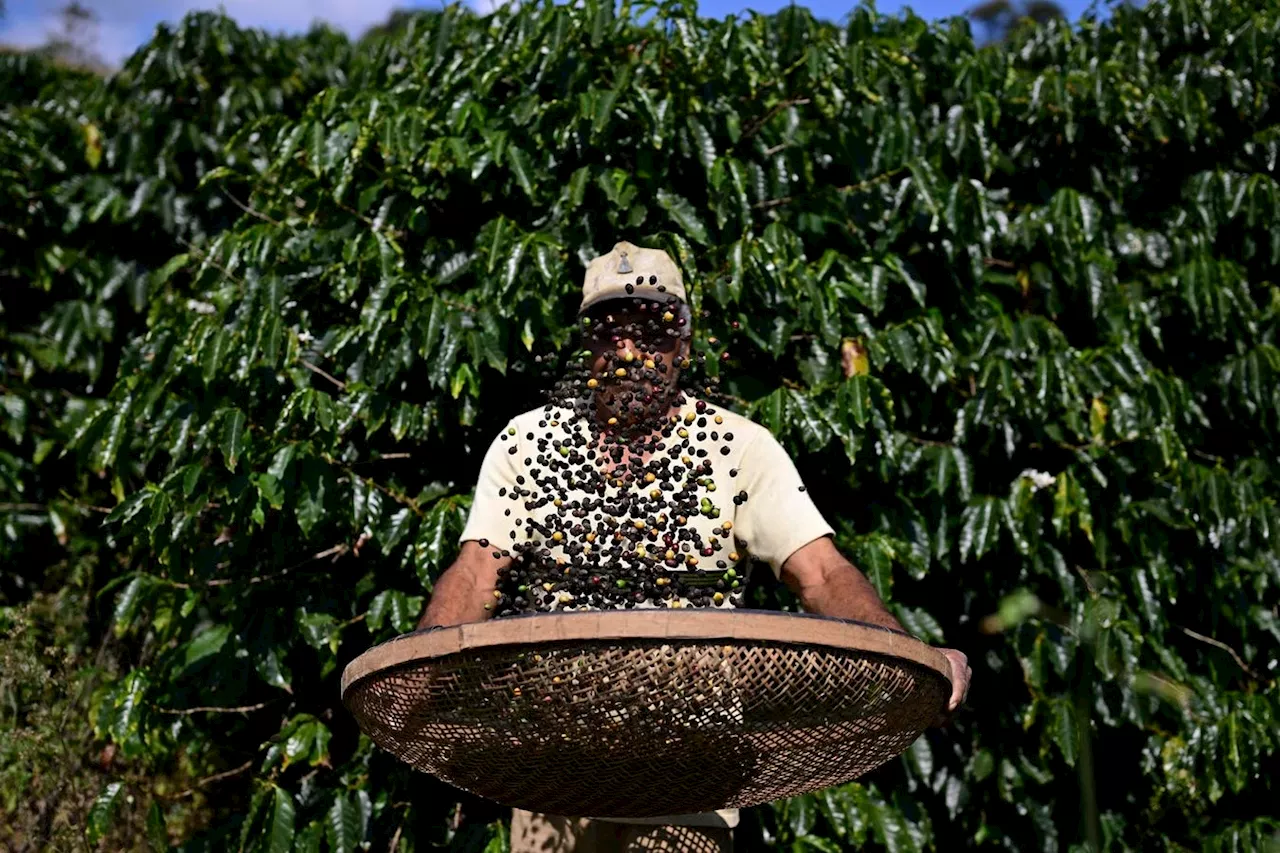The Trump administration has reversed its stance on tariffs, exempting over 200 food items, including coffee and bananas, in response to soaring prices. This decision, announced on November 13, 2025, aims to address inflation concerns that have impacted consumers across the United States.
Earlier this year, President Donald Trump imposed significant tariffs on various food imports, framing the move as a pathway to bolster U.S. self-sufficiency. The executive order issued on April 2, 2025, declared that a nation cannot survive without the ability to produce its own food. However, the U.S. faces limitations in producing certain goods, particularly coffee and bananas, which cannot be cultivated at scale domestically.
In light of rising costs, Trump stated, “We just had a little bit of a rollback on some foods, like coffee as an example, where the prices of coffee are a little bit high now. They’ll be on the low side in a very short period of time.” The newly exempted items include those that cannot be effectively grown in the U.S., with coffee imports from countries like Brazil and Vietnam previously facing tariffs up to 50%.
The tariffs imposed earlier this year had an immediate impact, contributing to a more than 40% increase in coffee prices year-over-year, while banana prices rose nearly 9%. The recent exemptions are part of a broader effort to alleviate financial pressure on consumers as average grocery prices increased by 2.7% in September compared to the previous year.
Legal Challenges and Presidential Authority
The administration’s use of tariffs has been met with legal challenges. A federal appeals court in Washington ruled that Trump’s reliance on the International Emergency Economic Powers Act (IEEPA) to impose tariffs was an overreach of presidential authority. The court emphasized that the power to tax, including the imposition of tariffs, is constitutionally vested in Congress. Trump has appealed this decision to the Supreme Court, which is currently reviewing the case.
The IEEPA, enacted in 1977, grants the president authority to respond to national emergencies that threaten U.S. security or economy. Trump has cited two primary threats: the influx of fentanyl into the U.S. and significant trade deficits. Legal challenges argue that the president’s power to regulate imports does not extend to imposing tariffs, which they liken to internal taxes requiring Congressional delegation.
Despite the backlash, Trump continues to promote the tariffs as a means of generating revenue, suggesting that the government could distribute checks of $2,000 to citizens to ease living costs. This proposal, however, requires Congressional approval, complicating its implementation.
Consumer Impact and Future Implications
The decision to roll back tariffs comes amid growing voter concerns about affordability, particularly as Democrats made gains in states like New York and Virginia during recent elections. Although Trump maintains that inflation is virtually nonexistent, the rising prices of staples like coffee and bananas challenge this assertion.
As the administration navigates these complex economic issues, it faces scrutiny regarding the effectiveness of its tariff policies. With the Supreme Court’s ruling pending, the future of Trump’s tariff strategies remains uncertain. The administration’s commitment to lifting tariffs on essential food items reflects an acknowledgment of the limits of protectionist policies in addressing consumer needs.
In summary, the rollback on tariffs signifies a response to immediate economic pressures affecting American households, while also setting the stage for ongoing legal and political battles surrounding presidential authority over trade.
